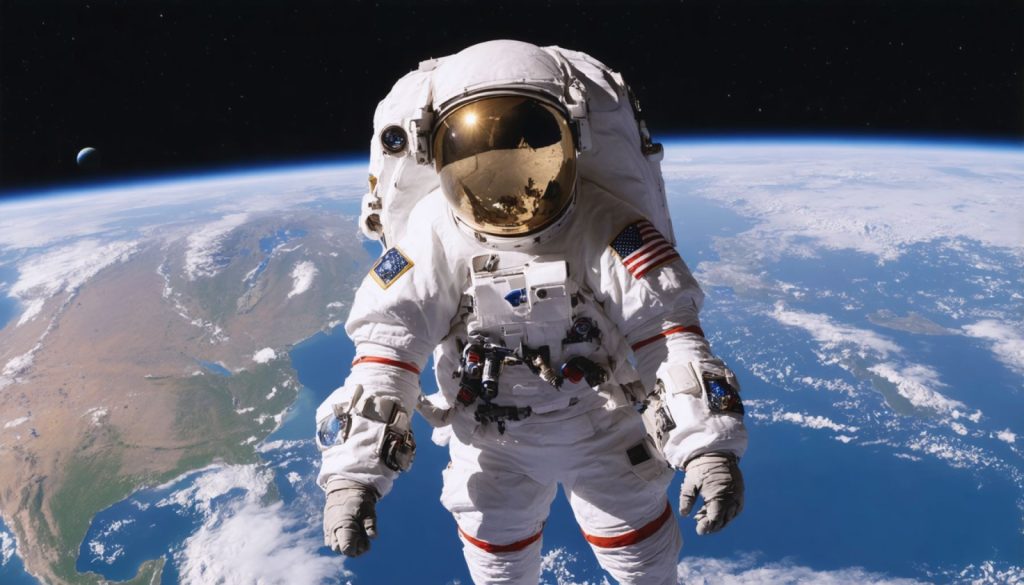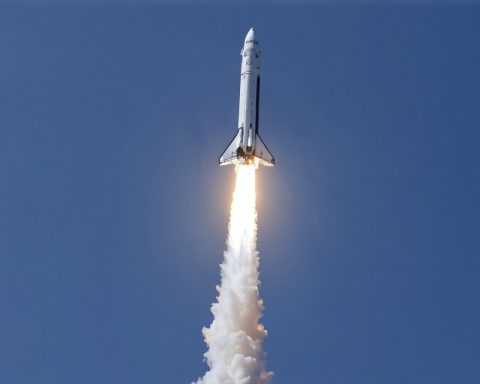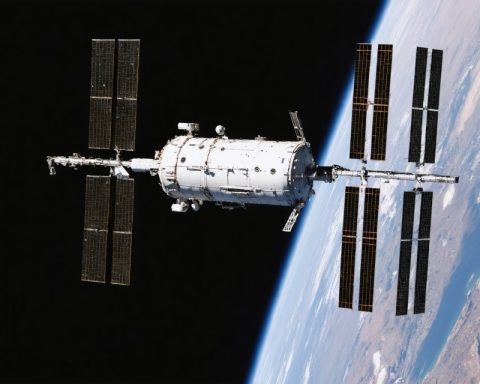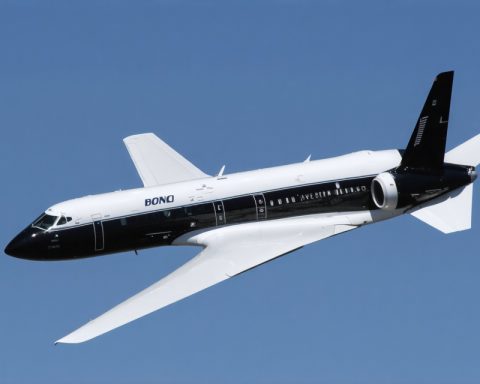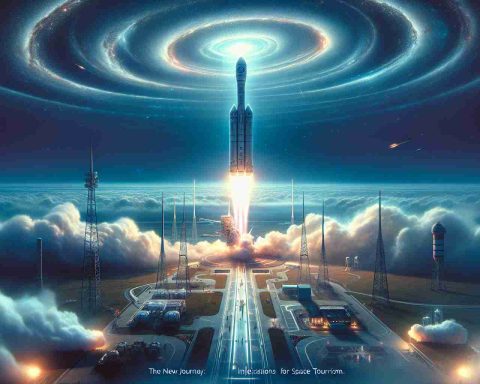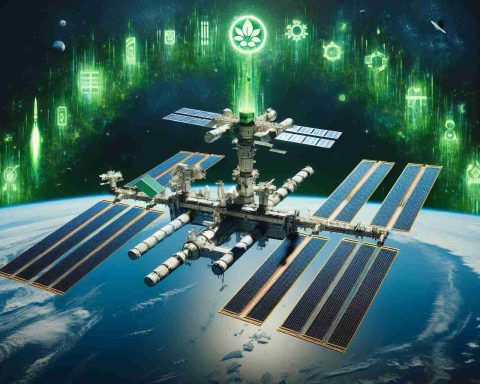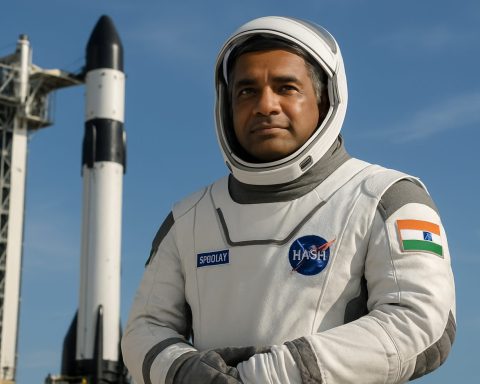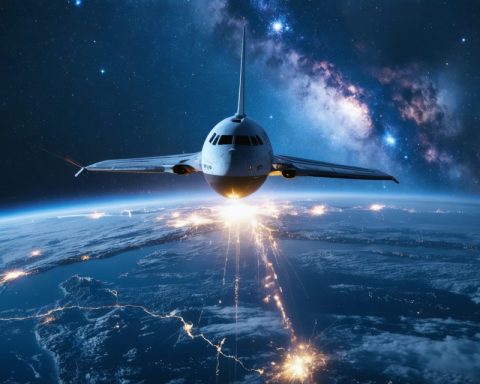International Space Station
The International Space Station (ISS) is a large spacecraft located in low Earth orbit that serves as a habitable artificial satellite. It is a collaborative project involving multiple space agencies, including NASA (United States), Roscosmos (Russia), ESA (European Space Agency), JAXA (Japan), and CSA (Canada). The ISS functions as a microgravity and space environment research laboratory, where scientific research in astrobiology, astronomy, meteorology, physics, and other fields is conducted. It facilitates international cooperation in space exploration and serves as a platform for astronauts to live and work in space for extended periods, typically six months at a time. The station has been continuously inhabited since November 2000 and plays a critical role in advancing human space exploration and technology development.
